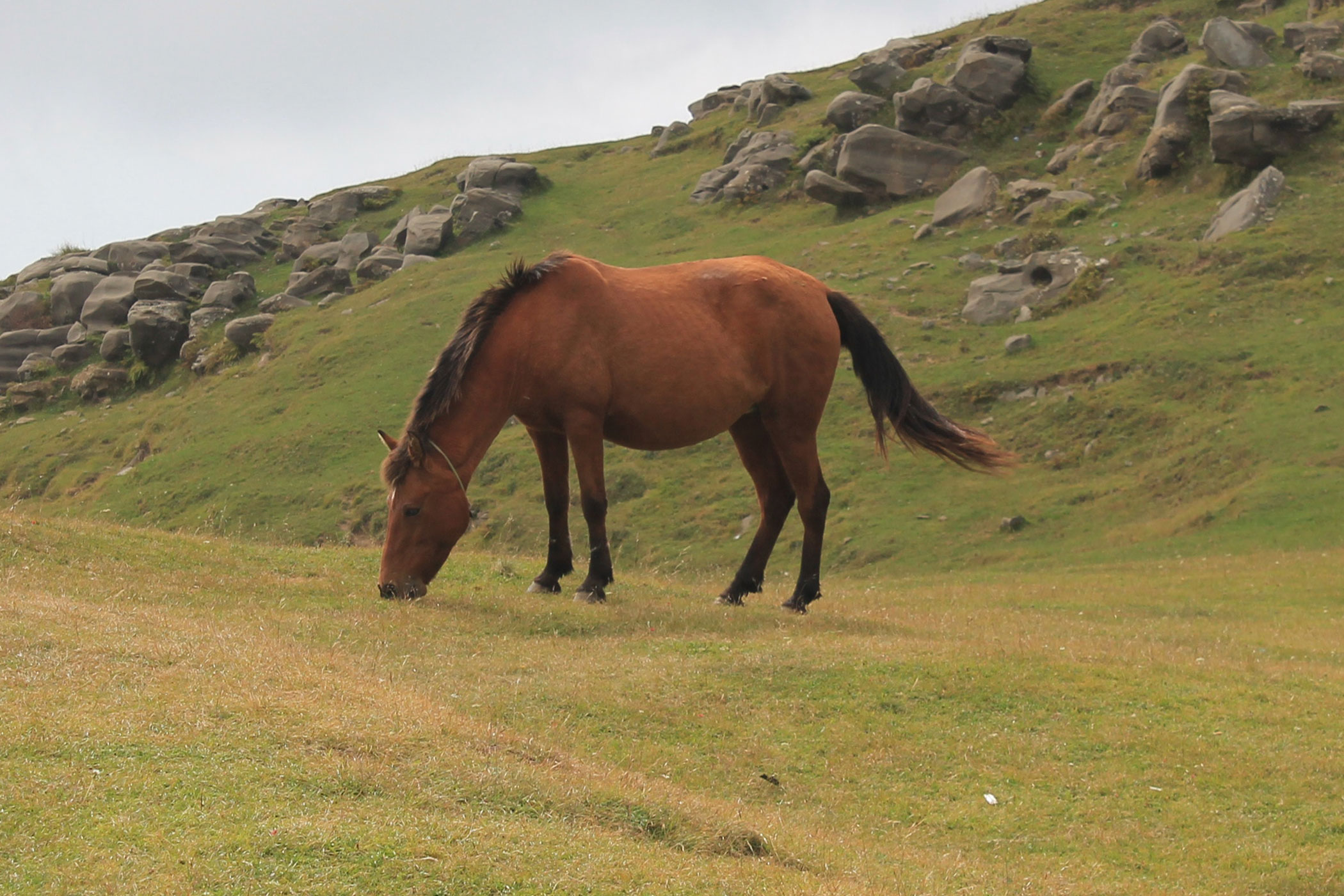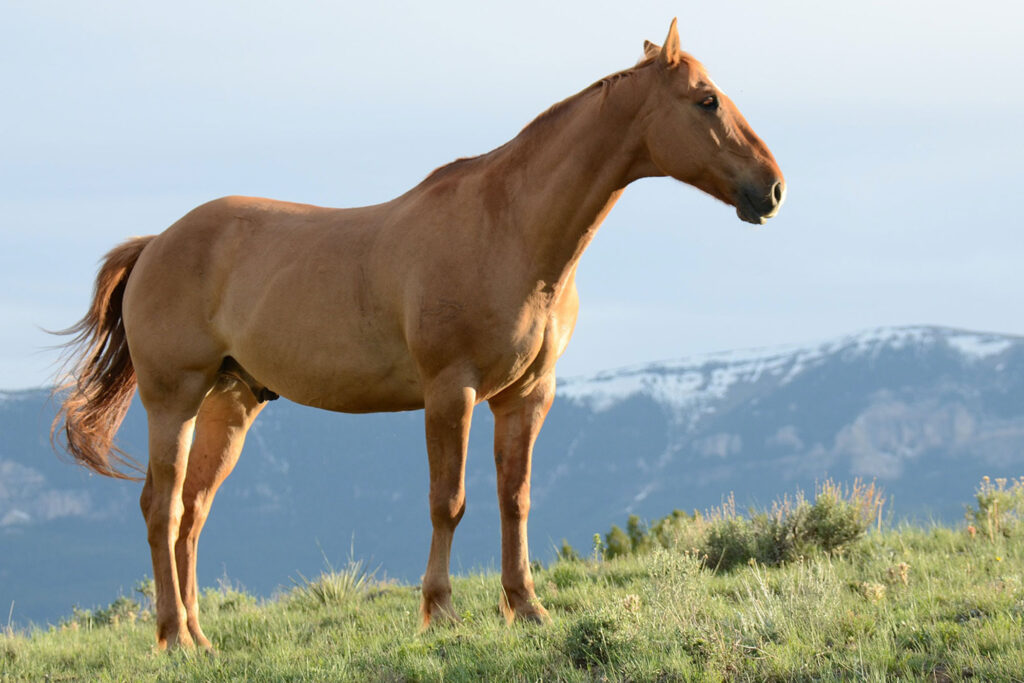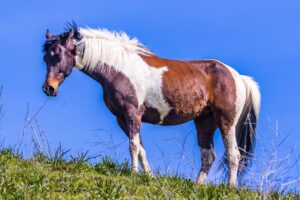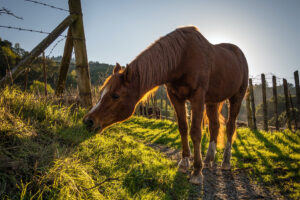
Proper parasite control is essential for maintaining the health and well-being of horses. Parasites such as worms can cause a range of health issues, including weight loss, poor coat condition, and even colic. However, the approach to parasite control may vary depending on the geographical region due to variations in climate, parasite prevalence, and resistance patterns. In this article, we will explore the importance of regional parasite control for horses and provide guidelines for effective and responsible parasite management.
Understanding Regional Differences:
Parasite management strategies need to be tailored to the specific conditions of each region. Factors such as temperature, rainfall, and the presence of certain parasites can greatly influence the effectiveness of control measures. It is crucial for horse owners and caretakers to be aware of the common parasites in their region and their life cycles to implement suitable prevention and treatment protocols.
Identification of Common Parasites:
Before implementing any parasite control program, it is essential to identify the prevalent parasites in your region. Common parasites affecting horses include small strongyles (cyathostomins), large strongyles, ascarids (roundworms), tapeworms, and bots. Regional variations may exist in terms of parasite prevalence and seasonal activity. Consulting with a local veterinarian or equine specialist can provide valuable insights into the specific parasites found in your area.
Pasture Management:
Proper pasture management plays a crucial role in parasite control. Rotational grazing, where horses are moved to fresh pastures periodically, helps to minimize the risk of parasite infestation. This strategy allows time for parasite larvae in manure to die off before horses are reintroduced to the same pasture. Harrowing or dragging pastures can also help break up manure piles and expose parasite eggs and larvae to sunlight, reducing their viability.

Strategic Deworming:
Gone are the days of routinely deworming horses on a fixed schedule. The overuse of dewormers has led to widespread parasite resistance, rendering many treatments ineffective. Instead, strategic deworming protocols are now recommended. These protocols involve conducting fecal egg counts (FECs) to assess the parasite burden in individual horses. Horses with high egg counts are selectively dewormed with the appropriate anthelmintic, while low egg shedders may not require treatment.
Targeted Deworming:
Targeted deworming focuses on treating horses for specific parasites that pose a significant threat in their region. For example, tapeworms are more prevalent in certain areas, and deworming should be specifically targeted against this parasite. Consulting with a veterinarian helps identify the parasites of concern in your region and develop a targeted deworming plan.
Strategic Testing:
Regular fecal egg counts, as mentioned earlier, are a valuable tool for monitoring parasite burdens in horses. Testing should be conducted at least twice a year, but more frequent testing may be necessary in high-risk areas or with individuals that have a history of high egg counts. Additionally, testing can help identify horses with resistance to certain dewormers, allowing for alternative treatment options.
Environmental Control:
Reducing exposure to parasites in the horse’s environment is an integral part of any parasite control program. This includes proper manure management, such as promptly removing manure from stalls and paddocks, as well as using appropriate disposal methods. Stalls should be kept clean and dry, as wet bedding can promote parasite development. Regular cleaning and disinfection of water troughs also help reduce parasite transmission.
Coordinated Efforts:
Regional parasite control is not solely the responsibility of horse owners; it requires collaboration among horse farms, veterinarians, and local authorities. Sharing information and implementing coordinated deworming programs can help reduce the overall parasite burden in the region and minimize the risk of resistance development. Additionally, education and awareness campaigns are essential to promote responsible parasite control practices.
Conclusion:
Effective regional parasite control is crucial for maintaining the health and well-being of horses. By understanding the specific parasites in their area and implementing tailored prevention and treatment strategies, horse owners can reduce the risk of parasitic infestations and associated health problems. Collaboration between horse owners, veterinarians, and local authorities is key to implementing successful parasite control programs. Remember, regional differences matter when it comes to parasite control, so consult with professionals and stay informed about the best practices in your specific geographical area.






